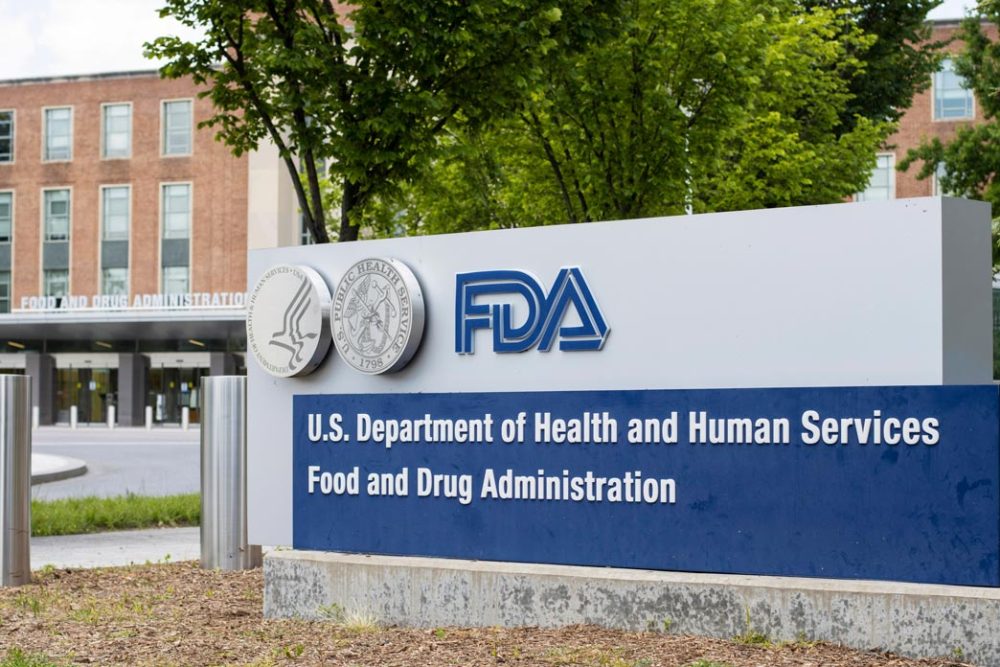Advertisment
FDA approval for Lenmeldy (atidarsagene autotemcel), to treat early-onset metachromatic leukodystrophy – Orchard Therapeutics

– Orchard Therapeutics, recently acquired by Kyowa Kirin with the goal of accelerating the delivery of new gene therapies to patients around the globe, announced the FDA has approved Lenmeldy (atidarsagene autotemcel), formerly known as OTL-200, for the treatment of children with pre-symptomatic late infantile (PSLI), pre-symptomatic early juvenile (PSEJ) or early symptomatic early juvenile (ESEJ)—collectively referred to as early-onset—metachromatic leukodystrophy (MLD).
“The FDA approval of Lenmeldy opens up tremendous new possibilities for children in the U.S. with early-onset MLD who previously had no treatment options beyond supportive and end-of-life care,” said Bobby Gaspar, M.D., Ph.D., co-founder and chief executive officer of Orchard Therapeutics. “MLD is a rapidly progressing, life-limiting and ultimately fatal rare disease that has a devastating impact on afflicted children and their families. This achievement is the culmination of decades of research and development in partnership with our academic and clinical collaborators at the San Raffaele-Telethon Institute for Gene Therapy. I want to express my sincere gratitude to the patients and families who participated in our clinical trials as well as to the broader MLD community—we would not be here today without your contributions and support.”
MLD is a rare, fatal genetic disorder caused by a mutation in the gene responsible for encoding the enzyme arylsulfatase A (ARSA) leading to neurological damage and developmental regression due to the accumulation of fats called sulfatides in the brain and other areas of the body which, when not broken down, damage the central nervous system over time. In its most severe form, babies develop normally but in late infancy start to rapidly lose the ability to walk, talk and interact with the world around them. These children eventually deteriorate into a vegetative state, which may require 24-hour intensive care, and the majority pass away within five years of disease onset, creating an enormous emotional and financial burden on the family.
Lenmeldy aims to correct the underlying genetic cause of MLD by inserting one or more functional copies of the human ARSA gene ex vivo (outside the body) into the genome of a patient’s own hematopoietic stem cells (HSCs) using a lentiviral vector. The genetically repaired cells are infused back into the patient, where, once engrafted, they differentiate into multiple cell types, some of which migrate across the blood-brain barrier into the central nervous system and express the functional enzyme. This approach has the potential to restore enzymatic function to stop or slow disease progression with a single treatment.
“This is a momentous occasion and I commend the FDA for recognizing the clinical impact Lenmeldy has on this cruel disease,” said Barbara Burton, M.D., attending physician, genetics, genomics and metabolism at the Ann & Robert H. Lurie Children’s Hospital of Chicago. “For too long, my colleagues and I have consoled families at their most vulnerable times—usually following an arduous diagnostic odyssey, coping with a dire prognosis and being told there were no treatments, and then having to watch their young child slip away. With this approval, we are now one significant step closer to ensuring future generations of children, families and healthcare professionals no longer need to experience first-hand the terrible manifestations this disease has on untreated patients.”





